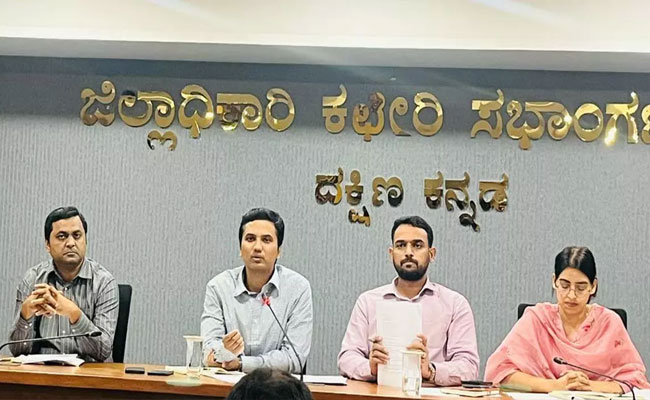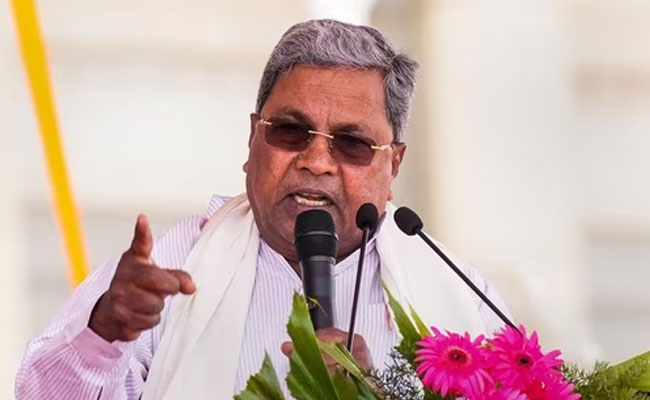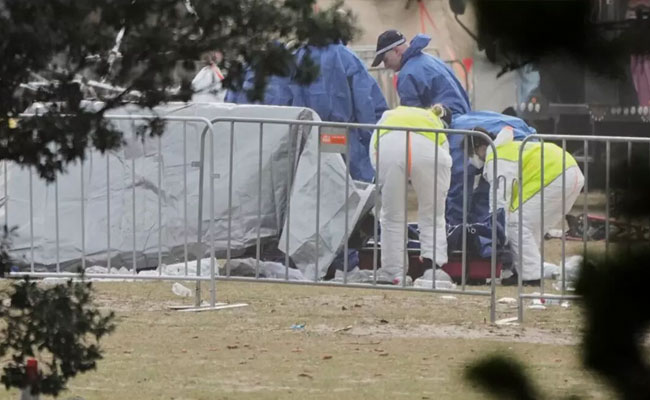New Delhi: India witnessed a sharp increase in communal riots in 2024, with 59 incidents reported, an 84 percent rise from the 32 riots in 2023, according to a new report by the Centre for Study of Society and Secularism.
The report, titled Hegemony and Demolitions: The Tale of Communal Riots in India in 2024, highlighted that Maharashtra recorded the highest number of communal riots, with 12 out of the total 59 incidents. Uttar Pradesh and Bihar followed closely with seven riots each. The riots resulted in 13 deaths, of which 10 were Muslims and three Hindus.
Authored by human rights activists Irfan Engineer, Neha Dabhade, and Mithila Raut, the findings are based on reports from the Mumbai editions of five newspapers: The Hindu, The Times of India, The Indian Express, Shahafat, and The Inquilab.
The report, as cited by Scroll, noted that the surge in the number of communal riots in India last year can partly be attributed to the general elections that were held in April/ May.
It also pointed out that a significant portion of the communal riots, 26 out of 59, occurred during religious festivals or processions. Four of these riots coincided with the consecration of the Ram temple in Ayodhya in January 2024. Seven riots occurred during Saraswati Puja idol immersions, four during Ganesh festivals, and two during Bakri Eid.
“This data highlights how religious celebrations are increasingly being used to fuel communal tensions and political mobilisation,” the report mentioned.
Additionally, six riots were related to contested places of worship, with Hindutva groups claiming that mosques and dargahs were illegal or constructed after demolishing Hindu religious sites.
The authors also pointed out a troubling trend of the government disproportionately targeting the Muslim community in cases of communal riots in recent years. “These actions include using bulldozers to demolish properties owned by Muslims, causing significant economic damage. Additionally, the state has slapped cases and implicated the members of the Muslim community, even in instances where they are victims of violence during communal riots,” they said.
The authors further noted that while the Ministry of Home Affairs and the National Crime Records Bureau maintain comprehensive records of communal riots in India, both agencies have stopped publishing the data regularly.
Let the Truth be known. If you read VB and like VB, please be a VB Supporter and Help us deliver the Truth to one and all.
New Delhi (PTI): The BJP on Tuesday alleged that West Bengal Chief Minister Mamata Banerjee's accepting Aroop Biswas' resignation as the state sports minister is nothing but a "rear-guard action" to douse public anger over the mismanagement of football icon Lionel Messi's event last week.
BJP co-in-charge for West Bengal Amit Malviya alleged that this is also an "open confession" that the Messi event fiasco was not accidental but a government-manufactured disaster, borne out of the poor governance of Banerjee, her ministers and the state bureaucracy.
Banerjee on Tuesday accepted Biswas' resignation as the sports minister in the wake of the controversy over the mismanagement of football icon Messi's event last week, a senior leader of the ruling TMC said.
Biswas, who had written to the chief minister seeking to be relieved of his responsibilities as sports minister, will continue as a cabinet minister, retaining charge of the power department.
ALSO READ: Slain Australia beach shooting suspect native of Hyderabad: T'gana police
Reacting to the development, Malviya said in a post on X, "TMC Sports Minister Aroop Biswas resigns after the Messi fiasco and Mamata Banerjee accepts it in record time."
"Do not mistake this for accountability; this is nothing but a rear-guard action to douse public anger. anger! This is not 'Raj Dharma'," he added.
The BJP leader alleged that the incident was the outcome of "loot" of common people which is "so synonymous" with the TMC.
The incident was also the outcome of the "shameless VIP culture that TMC thrives on and deep-rooted cronyism promoted by Banerjee," he charged.
Malviya further alleged that Biswas' resignation exposes a "collective failure of Mamata Banerjee, her partisan bureaucracy, and her crony cabinet".
"This is a symbolic sacrifice, a political hoax, soon to be buried under layers of bureaucracy, with no justice, no accountability, and no remorse," the BJP leader said, adding, "No resignation will bring back the time lost, the money wasted, or the stolen chance for football lovers to witness Messi in Kolkata."





